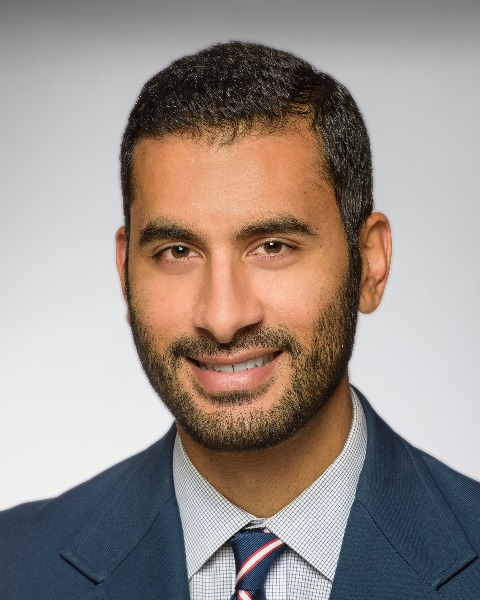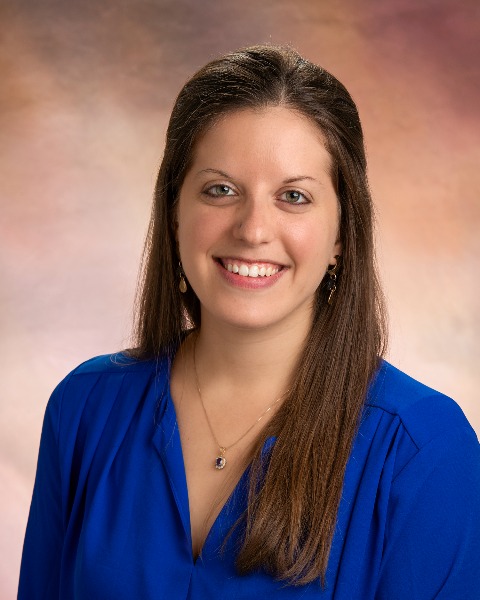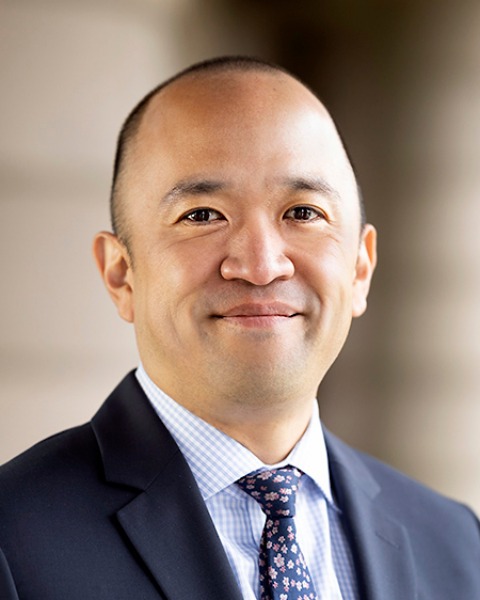Children with Chronic Conditions
Education Pathway
Hospital Medicine
Medical Education
3565 - Look Who's Teaching: Incorporating Family Perspectives in Curricular Design
-

Sumeet Banker, MD, MPH (he/him/his)
Associate Professor
Columbia University Vagelos College of Physicians and Surgeons
New York, New York, United States -
DL
Divya Lakhaney, MD (she/her/hers)
Assistant Professor of Pediatrics
Columbia University Irving Medical Centrr
New York, New York, United States -
AO
Annie O'Connor, BA
Family Advisory Council member
NewYork-Presbyterian Hospital/Morgan Stanley Children's Hospital, United States -

Stephanie Gati, MD
Pediatric Hospitalist
Children’s Hospital of Philadelphia, United States -

Steve Paik, MD, EdM
Associate Dean of Student Affairs
Quinnipiac University
Hamden, Connecticut, United States -
.jpg)
Sarah Schechter, MD
Assistant Professor of Pediatrics
Columbia University Vagelos College of Physicians and Surgeons
New York City, New York, United States
Leader(s)
Co-Leader(s)
The perspectives of patients and families are critical to providing holistic pediatric care. In addition to partnering with families in direct clinical care of their children, parent and family perspectives may also help guide development of educational programs in order to address key communication-related milestones from multiple domains in the new pediatric milestones 2.0 – specifically, systems-based practice and interpersonal and communication skills. The presenters – a group of clinical faculty, trainees, and family members – have developed a curriculum in which family members serve in the role of faculty (i.e., family-faculty), whereby they deliver teaching points directly to trainees by drawing upon their own experiences. These perspectives accelerate learning and metacognition, as well as empathy with patients and families, thus leading to better shared decisions.
In this workshop, presenters will describe this curricular partnership that fosters meaningful dialogue between trainees and families. They will share the process of developing the curriculum, evaluations, outcomes, and pitfalls that have been learned along the way. Attendees will have the opportunity to consider strategies to incorporate the family voice into their own curricula, rooted in programmatic goals and educational competencies. Small groups will provide a forum for workshop attendees to discuss current programs at their respective institutions and ideas for future curricula with family and faculty facilitators; these will also be shared among the larger group for broader dialogue. A family-faculty curriculum toolkit will be shared with attendees to help them develop an educational program of interest.
